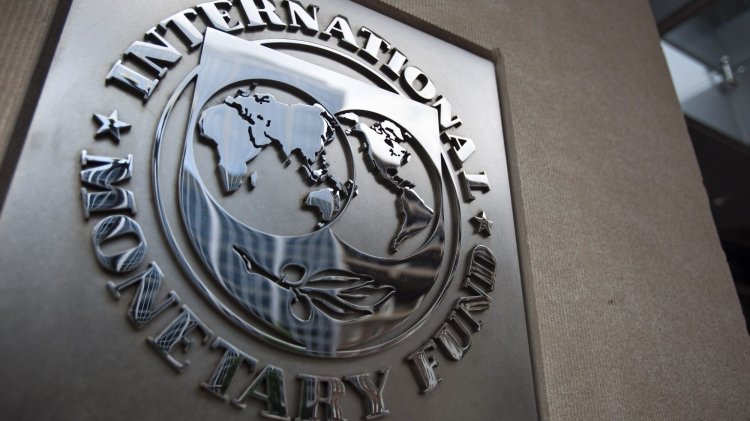IMF reports higher than expected costs for Implementation of single salary table in Mozambique
The International Monetary Fund (IMF) has reported that the implementation of the Single Salary Table (TSU) in Mozambique, which faced significant opposition from various public sector groups, cost approximately 28.5 billion Mozambican meticais, exceeding initial expectations.
The IMF attributes the cost overrun primarily to difficulties arising from the complex wage mass reform, including incorrect mapping of public servants to the new salary table, which underestimated the cost.
The initial expected cost of the wage mass reform for the period 2022-2023 was 19.2 billion meticais, but the actual implementation of the TSU amounted to 28.5 billion meticais, according to an IMF document cited by Lusa.
The IMF warns that the additional cost, about 2.5% of GDP in 2022, was mainly financed through expensive internal resources as salary-saving measures were insufficient to cover the costs.
This reform aims to improve the predictability of the wage bill and expenditure by unifying salary scales and rationalizing allowances across various classes and areas of the public service.
Over the last decade, the public sector wage bill in Mozambique has grown from 10% of the GDP in 2017 to 17% in 2022, driven mainly by wages rather than hiring. Since 2016, worker remuneration has grown three times faster than per capita GDP, while public sector employment growth has lagged behind population growth.
With the TSU implementation, the government expects to improve its salary and remuneration expenditure planning processes, reducing the wage bill ratios from the previous 15% of GDP to 14.4% last year and 12.5% in 2024, aligning with international and regional parameters.
However, there are rumors that to address the deficit created by the TSU implementation, the government may freeze promotions and progressions in the public sector, as well as the annual salary increase, to correct the situation in the short and medium term.



























